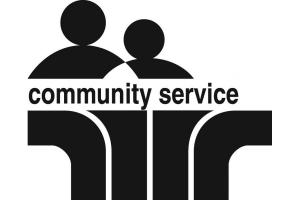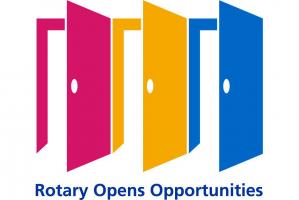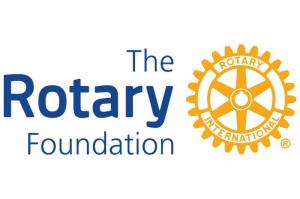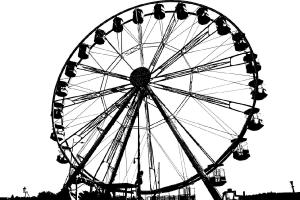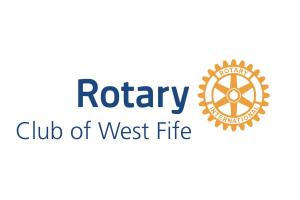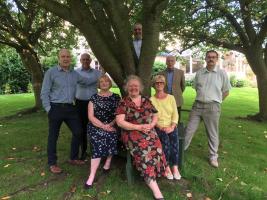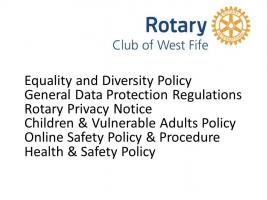West Fife in Gaelic
Tue, Sep 24th 2024 at 6:30 pm - 8:30 pm
Speaker Kirsty Strachan - West Fife village names in Gaelic
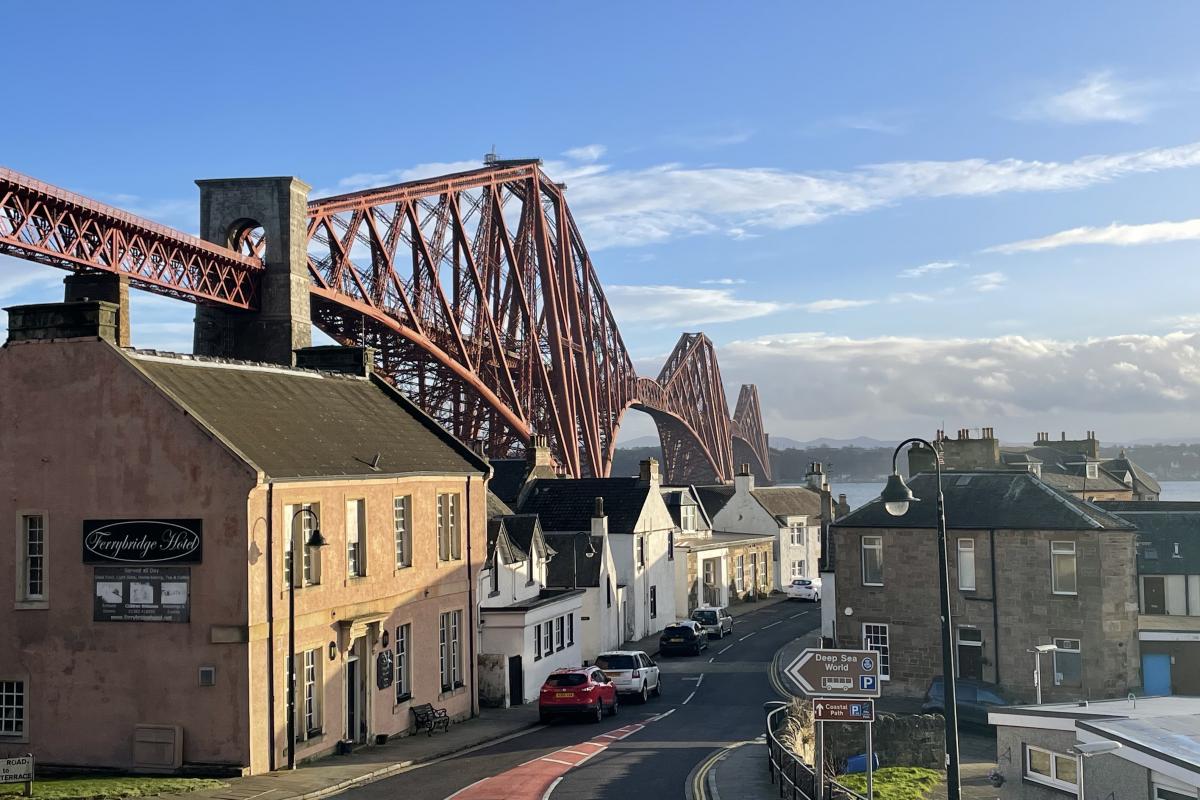
Our guest speaker was Kirsty Strachan, Gaelic Community worker for Fife, supporting the emerging Gaelic community in Fife. She claimed that many people are surprised Gaelic has so much influence on Scotland’s east coast and its place names. She asked where do you think Auchtermuchty come?
Malcolm Canmore was the last Gaelic speaking king of Scotland. There is an anti Gaelic movement although support for Gaelic in Scotland is 58%
Scottish Gaelic speakers have doubled on last 10 years.
There are 10000 Gaelic speakers in Fife. There are only 18 letters in the Gaelic language and ten sounds that don’t exist with anything else.
Five volumes of place names of Fife researched by Simon Taylor investigated historical and physical contexts - hills, rivers, forests. They work out from Pictish, Scots or Gaelic and in some cases made informed suggestions.
Gaelic in Fife dates back to the fourth century, some of the oldest in Scotland, closer to Irish Gaelic and place names changed all the time depending on how people referred to them. Here are some examples given by Kirsty:-
Benarty means the high hill
Dunfermline - fortified meeting of the Lyne, Fer means Man
Dùn Phàrlain in Gaelic it means The fort of the men of the Linn Keavil is from Cavil old Scots for partial of land
Pittencrieff - Pit is place in Pictish. Crieff is trees.
Knockhill. Krock is hill.
Culross is coo-rus means religious settlement on the headland from Cuilean Ross - the holly point or promontory
Inverkeithing, keithing burn, mouth of the burn that runs from the wood.
Saline from sabhal, the little barn
Moncur, the Town Loch place on the moor that floods.
Pitreavie, place of the striped land
Devilla, the bad land
Touch because tulich meaning hill or mound
Carnock - Cearn loc corner place or place at the corner
Comrie - Comar - place at a confluence, probably Blair and Comrie burns
Blairhall means open level land, Muir; hall on or at the moor
Garvock means rough place.
Torryburn - the burn of conical hill
Bal - is a steading
Ballingry - Bal longraich - something that oozes or seeps
Auch - muc wild pigs
Inch - meadow or island
Kilconquhar is kin-uk-har because cille (religious place), connochadh (name), post Second World War changed to current use. Local oral tradition changed the pronunciation of places and she explained how Duloch (Doo- loch) being pronounced as Dull Lock is just a case of that.
Past President Aileen thanked Kirsty for an engrossing presentation.
'What We Do' Main Pages:

Information and application form. Scroll down to see who has benefited from our grants programme.
more
Primary Schools linked to Rotary Club of West Fife:- Blairhall, Cairneyhill, Carnock, Crossford, Camdean, Culross, Inzievar, Holy Name, Limekilns, Milesmark, St Serfs, Saline, Torryburn, Tulliallan. Secondary Schools:- Queen Anne and Woodmill
moreOiling the West Fife Club's Rotary wheel
more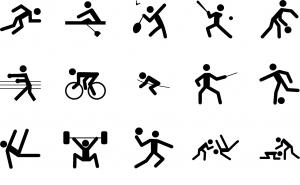
The club has a varied and interesting sports programme incorporated under the Entertainment Programme. .
morePaul Harris Fellowship Awardees
more